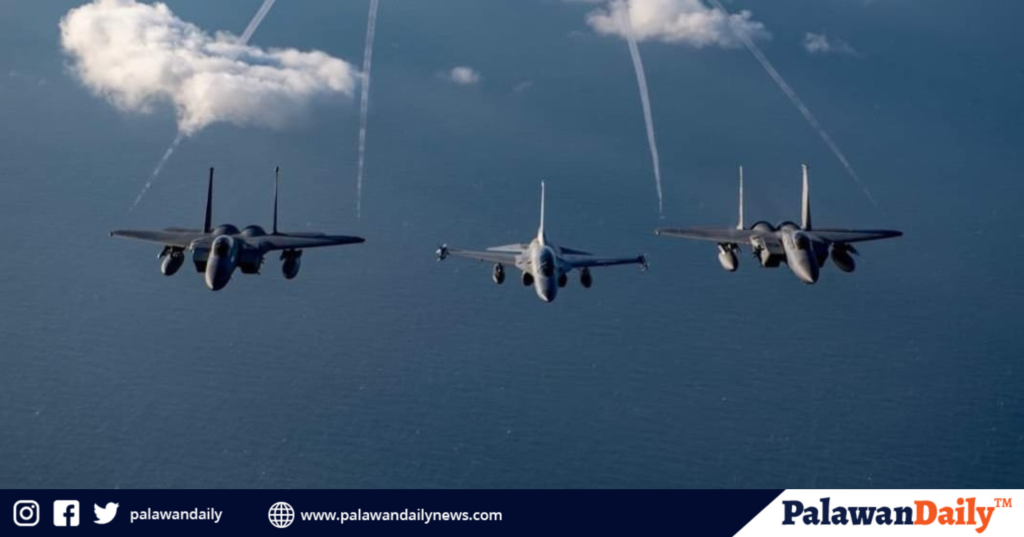The Philippine Air Force (PAF) yesterday, June 16, reaffirmed its commitment to conducting maritime patrols over the West Philippine Sea (WPS), despite the implementation of new Chinese coast guard regulations allowing the detention of foreigners in the disputed South China Sea.
PAF spokesperson Col. Maria Consuelo Castillo emphasized the Air Force’s duty to safeguard Philippine territorial waters and exclusive economic zone (EEZ).
“It is an inherent duty of the Philippine Air Force to conduct maritime patrol over our territorial waters and the areas within our exclusive economic zone. The most important thing is for our fishermen to feel that the PAF is there for them,” Castillo said during an interview on dzBB.
In addition to traditional manned aircraft, the PAF has begun deploying drones to enhance monitoring capabilities over the country’s territorial waters.
“Aside from manned aircraft, we are now also using unmanned aerial vehicles in monitoring different areas of interest,” Castillo added.
Armed Forces of the Philippines chief Romeo Brawner encouraged Filipino fishermen to continue their activities within the country’s EEZ, assuring them of the military’s ongoing efforts to protect them.
This reassurance comes in response to China’s recent coast guard rules, which permit the detention of foreigners for up to 60 days in complicated cases.
China’s expansive claims over the South China Sea, rejected by an international ruling, have led to multiple confrontations, including incidents where Chinese vessels used water cannons against Philippine boats.
President Marcos has labeled China’s new regulations a “very worrisome” escalation, and Manila has warned Beijing that enforcing these rules in the West Philippine Sea would violate international law.
The United States and other international bodies have also criticized China’s actions, with the US State Department rejecting China’s maritime claims and expressing concerns over regional peace and security.
The Group of Seven (G7) nations condemned China’s militarization and coercive activities in the South China Sea, calling them “dangerous” incursions.
The South China Sea remains a crucial maritime route, with significant economic and geopolitical implications due to its vast ship-borne trade and potential oil and gas reserves.
Despite China’s defense of its new coast guard rules, regional tensions continue to rise, raising fears of a broader conflict involving the US and its allies.
